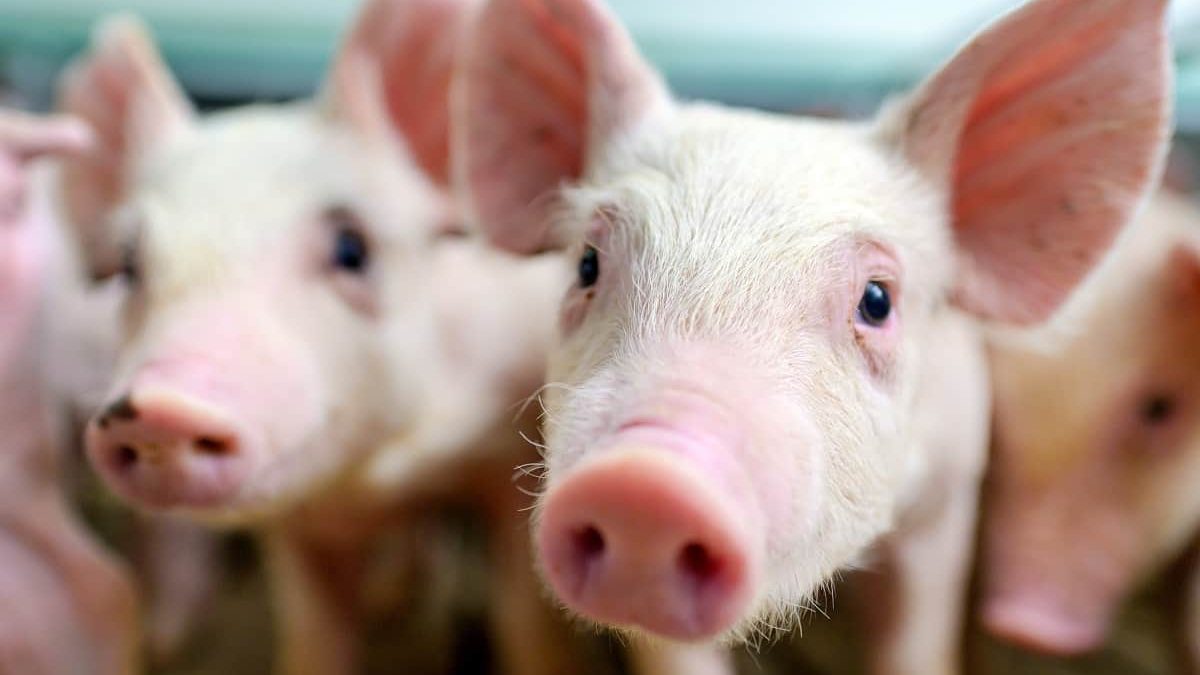
British authorities are working to determine the origin of the first human case of a new strain of swine flu. The country’s health security agency confirmed on Monday (27) that a person has tested positive for influenza A H1N2v virus.
Read more
The patient has already recovered
- According to preliminary data, the infection is genetically unique.
- After developing respiratory symptoms, the patient underwent influenza testing on November 9.
- Genomic sequencing and PCR testing later determined it was an H1N2v infection.
- No further details about the patient’s age were revealed, but it was confirmed that he had a mild illness and has now fully recovered.
- The information is from Science Alert.
A new strain of swine flu
Outbreaks of swine influenza, a respiratory disease caused by influenza A viruses, occur frequently in pigs. However, humans can also be infected.
We are working quickly to trace close contacts and reduce any potential spread. In accordance with established protocols, investigations are underway to find out how the individual became infected and assess whether there are more associated cases.
Meera Chand, Incident Manager at the UK Health Security Agency
Influenza viruses that typically circulate among animal populations — such as birds, horses or pigs — and that infect humans only sporadically are known as variant influenza viruses. This is represented by a lowercase v at the end of the hemagglutinin (H) and neuraminidase (N) subtype protein descriptor. Hence, H1N2v.
Human infections with influenza A subtypes H1N1v, H3N2v, and H1N2v have been identified previously, with the first human cases of infection in the United States this year reported in August.
Although H1N2v has never infected humans in the UK, health authorities confirm that since 2005, 50 cases have been identified in other parts of the world. According to experts, this virus generally does not have the ability to spread to other people. Infection occurs through direct or indirect contact with pigs.
The UK Health Safety Agency advises anyone with respiratory symptoms to avoid contact with other people, especially those who are elderly or vulnerable due to existing medical conditions.
To limit the spread of influenza virus between pigs and humans, it is recommended to wash your hands before and after contact with animals, not eat or drink around them and avoid contact with pigs that show signs of illness.

“Friendly zombie guru. Avid pop culture scholar. Freelance travel geek. Wannabe troublemaker. Coffee specialist.”






